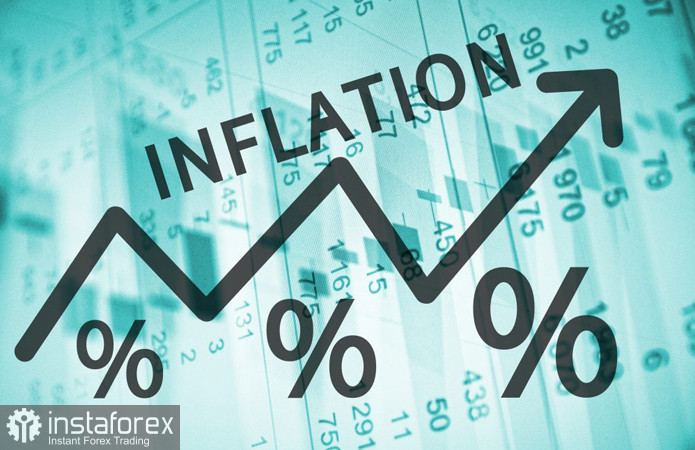
The major indices of the US stock market — Dow Jones, NASDAQ, and S&P 500 — closed Thursday with new gains. The markets did not receive any significant new information yesterday. Even the lone report of the day on which traders and investors could focus their attention was not released by the end of the day (ADP). Therefore, it is impossible to link the macroeconomic background to the rise of the US stock market. Most likely, we are discussing a mundane technical correction preceding a new decline. Remember that the US stock market is now experiencing difficult times. Key indices have already lost 20-30%, a significant amount. The first half of 2022 was the worst for the S&P 500 index in the past 50 years. In addition, the stock market may continue to decline as the Federal Reserve is prepared to continue tightening monetary policy. And until the next US inflation report is out, a very intriguing picture is emerging.
Currently, the key rate is rising quickly, the US money supply has begun to contract, and inflation is still rising. In other words, the Fed's measures do not have a positive effect at present, but they do reduce economic development because any tightening of monetary policy has a "cooling" effect on the economy. In addition, inflation remains elevated. Strategists at Morgan Stanley believe that the current economic downturn is already more severe than anticipated at the start of the year. According to them, the inflation peak could be achieved in the year's second half, and the upcoming Fed rate decrease could be perceived as a growth challenge rather than a relief for the economy and markets. If inflation continues to grow over the next couple of months, the Federal Reserve will face an extremely tough situation, as the rate may already be between 2.5% and 3%. In other words, it will be very near to the maximum value, which should theoretically result in a large reduction in the rate of price increase in the United States. What should the American regulatory agency do if there is no "substantial reduction"? The economy will enter a recession, while inflation will stay elevated. Raise interest rates even further, plunging the economy deeper into recession? It is currently unable to address these questions. The world is undergoing tremendous change; therefore, inflation may eventually prevail, and the situation may deteriorate significantly. There is no point in discussing geopolitics, which also significantly impacts prices. As a result, we feel that it is preferable not to make long-term predictions but rather to react "on the spot." The next report on inflation will be issued on July 13. New conclusions should then be reached.





















